Optimal Timing for Waterproofing Projects
Proper timing for waterproofing projects ensures optimal adhesion and durability. Weather conditions, temperature, and moisture levels significantly influence the effectiveness of waterproofing applications. Planning during suitable seasons can extend the lifespan of waterproofing systems and reduce the need for future repairs.
Spring offers moderate temperatures and lower humidity, ideal for waterproofing. It allows sufficient curing time before summer heat or winter cold.
Summer is suitable when temperatures are consistent and rain is minimal. High heat can affect some waterproofing materials, so proper timing is essential.
Fall provides cooler weather and less moisture, making it a good time for waterproofing before winter.
Winter temperatures often drop below suitable levels for waterproofing, especially in colder climates, risking poor adhesion and curing issues.
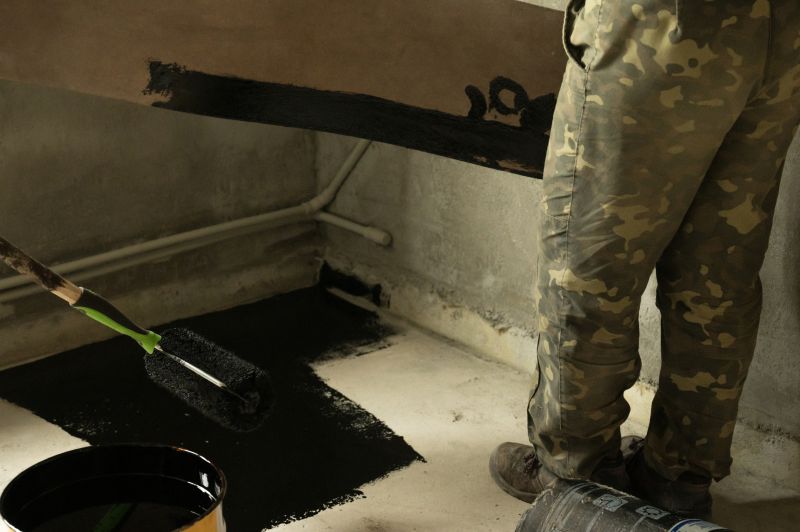
Ways to make Waterproofings work in tight or awkward layouts.
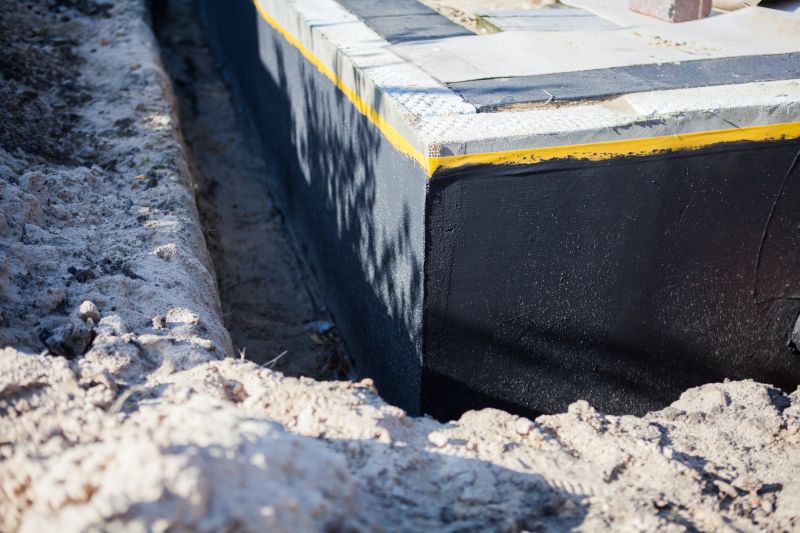
Popular materials for Waterproofings and why they hold up over time.
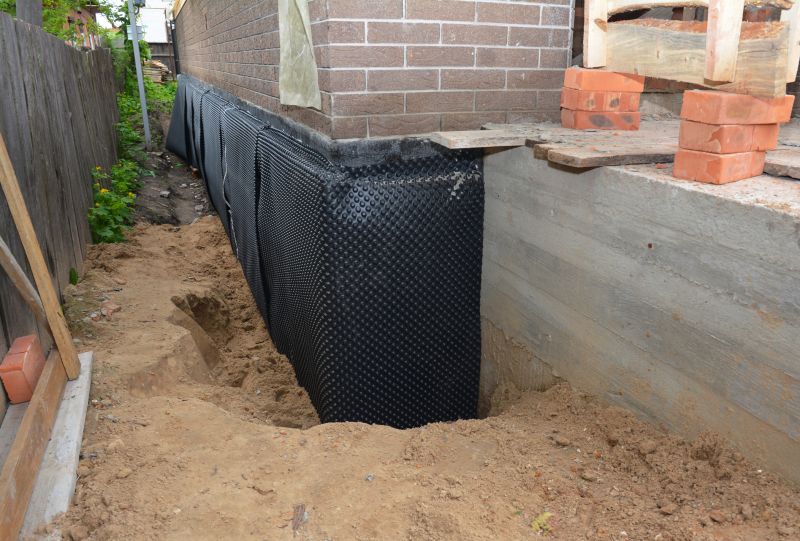
Simple add-ons that improve Waterproofings without blowing the budget.
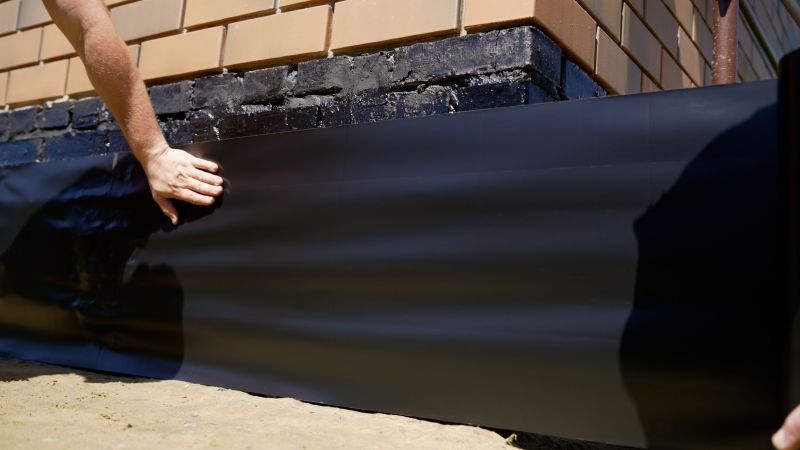
High-end options that actually feel worth it for Waterproofings.
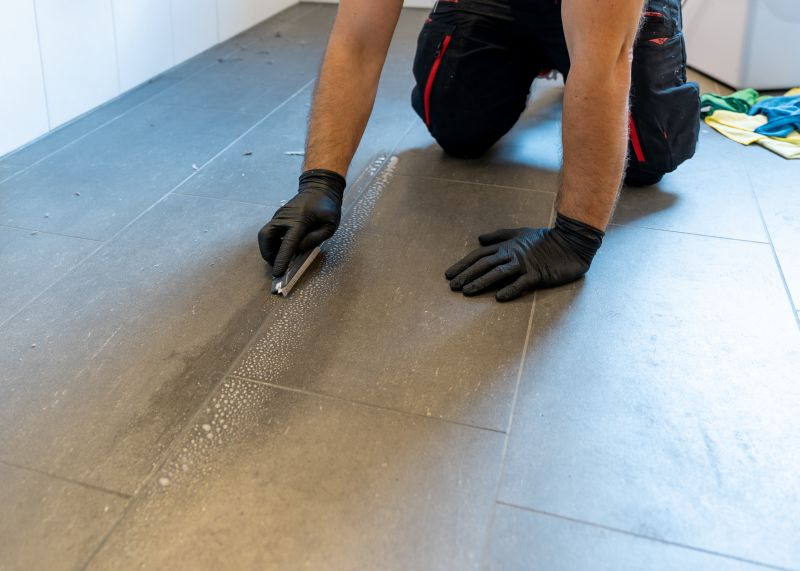
Finishes and colors that play nicely with Waterproofings.
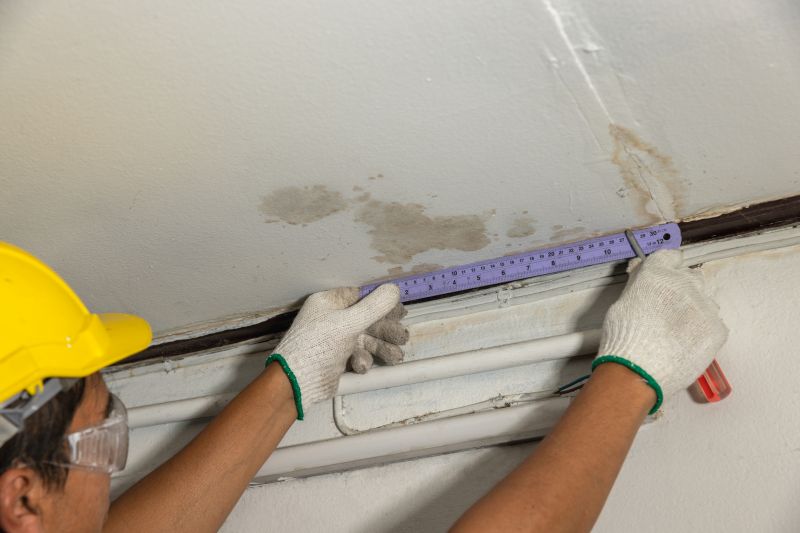
Little measurements that prevent headaches on Waterproofings day.
Waterproofings are essential for protecting structures from water intrusion, which can lead to structural damage, mold growth, and decreased property value. Modern waterproofing techniques include membrane systems, liquid coatings, and sealants, each suited for different applications. Properly applied waterproofing can extend the lifespan of foundations, roofs, and walls, saving costs on repairs and maintenance.
| Season | Optimal Conditions |
|---|---|
| Spring | Moderate temperatures, low humidity, dry weather |
| Summer | Consistent warm temperatures, minimal rain |
| Fall | Cooler weather, dry conditions |
| Winter | Cold temperatures, high risk of poor adhesion |
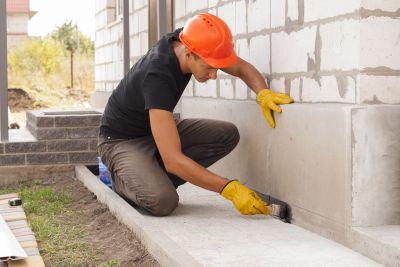
A 60-second routine that keeps Waterproofings looking new.
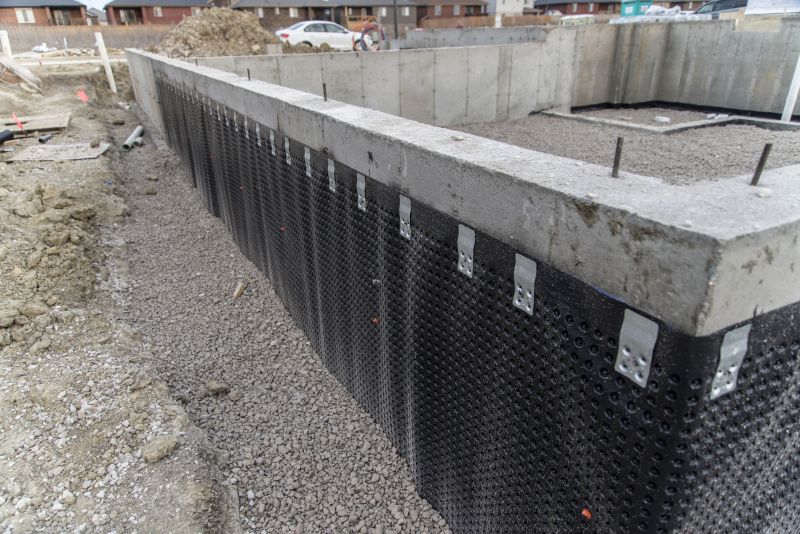
A frequent mistake in Waterproofings and how to dodge it.
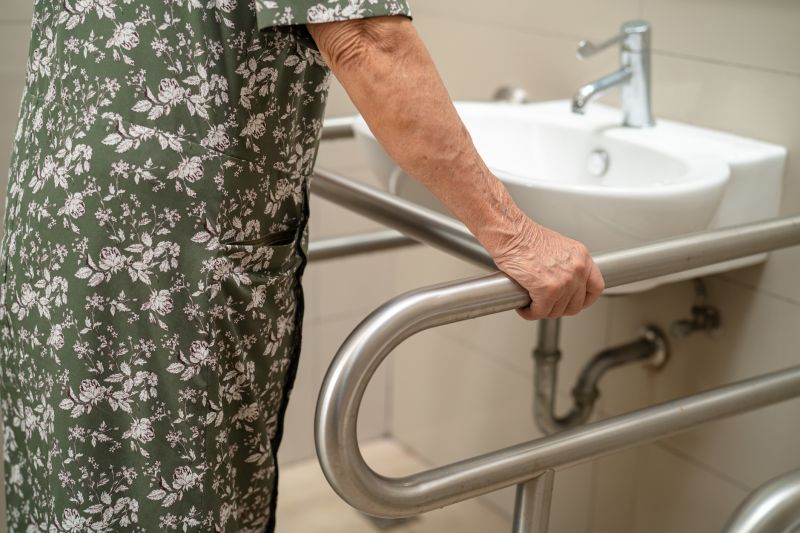
Small tweaks to make Waterproofings safer and easier to use.
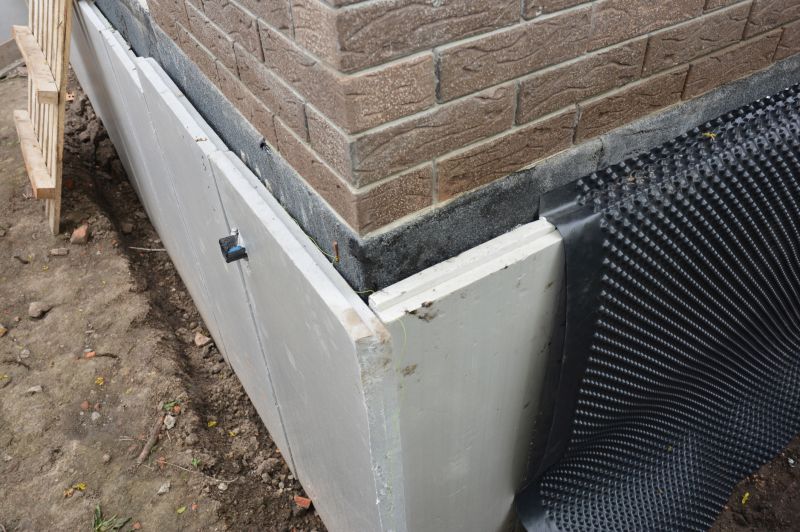
Lower-waste or water-saving choices for Waterproofings.
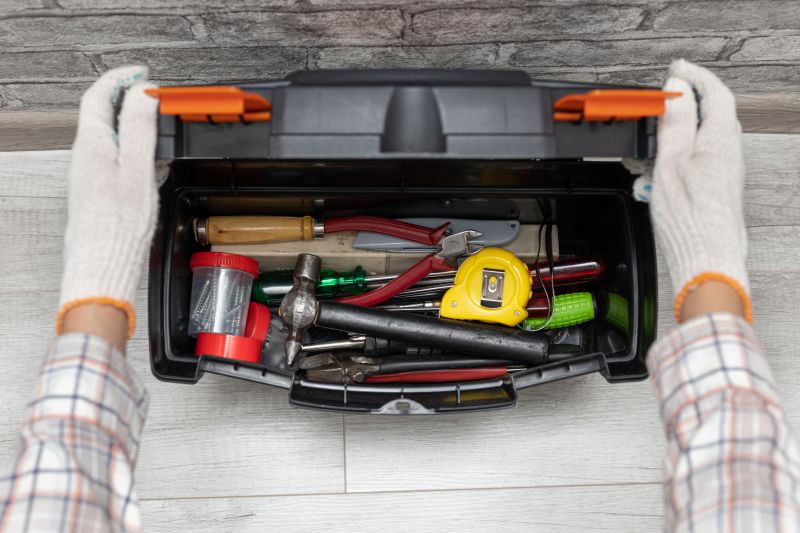
The short, realistic tool list for quality Waterproofings.
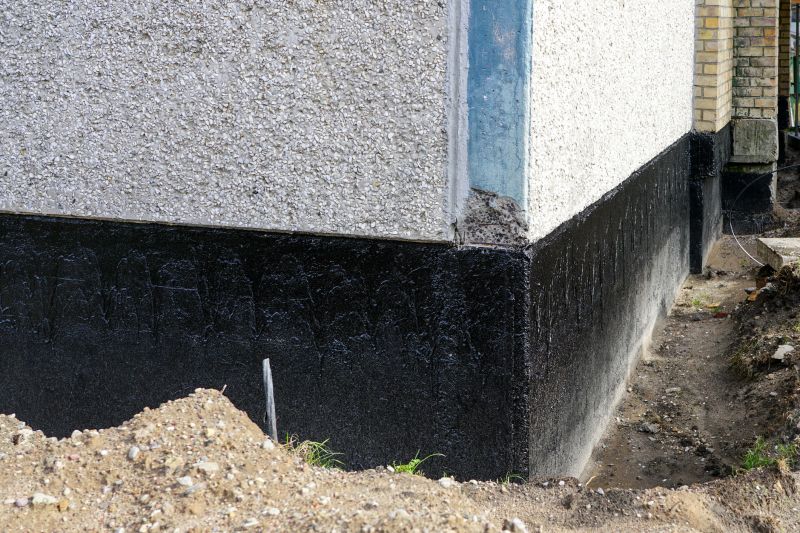
Rough timing from prep to clean-up for Waterproofings.
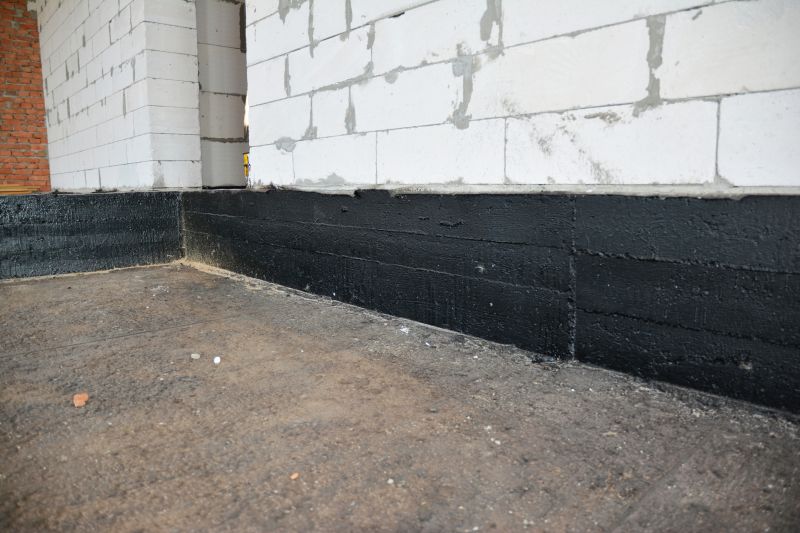
Quick checks and paperwork to keep after Waterproofings.
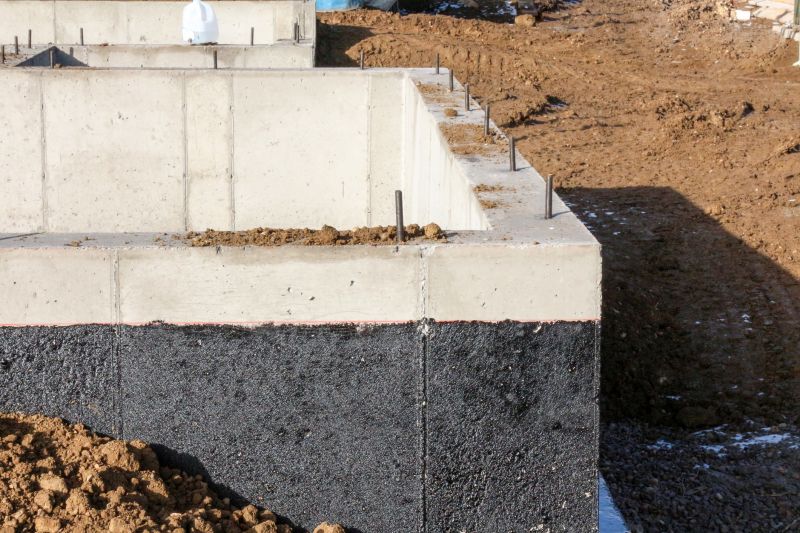
Examples that show the impact a good Waterproofings can make.
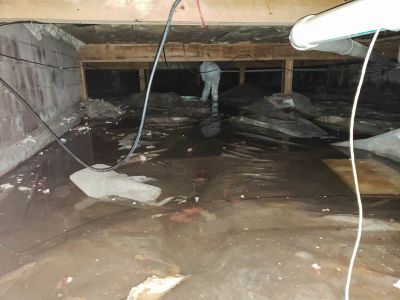
Ways to make Waterproofings work in tight or awkward layouts.
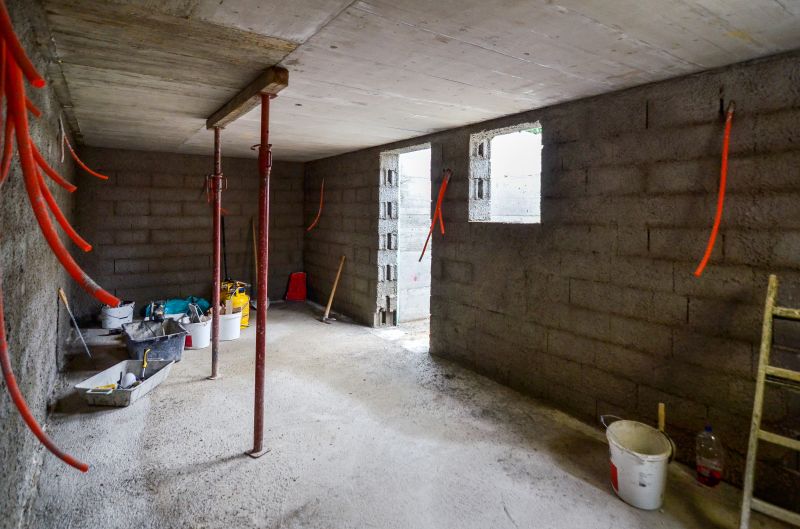
Ways to make Waterproofings work in tight or awkward layouts.
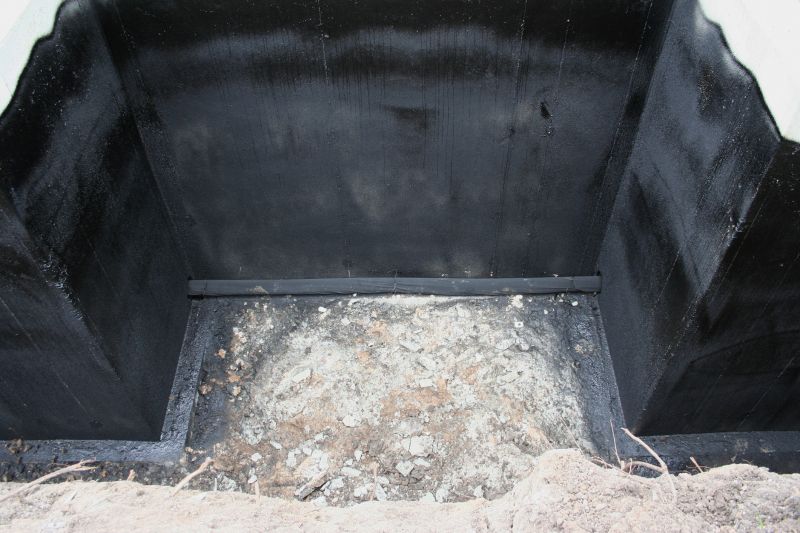
Ways to make Waterproofings work in tight or awkward layouts.
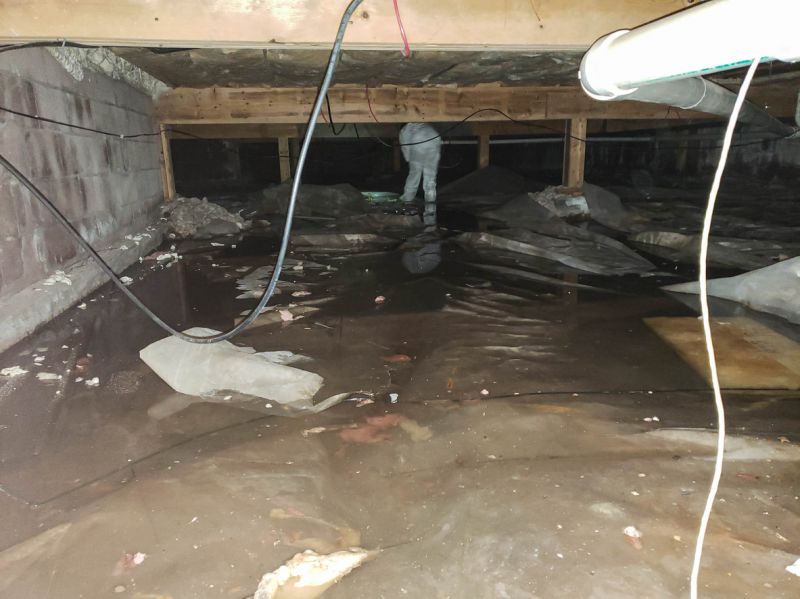
Ways to make Waterproofings work in tight or awkward layouts.
Selecting the appropriate time for waterproofing projects depends on local climate conditions and specific project requirements. Proper scheduling can improve application quality and increase the longevity of waterproofing systems. Consulting with waterproofing professionals can help determine the optimal season based on current weather patterns and material specifications.
Interested in waterproofing services? Filling out the contact form provides an opportunity to discuss project needs and schedule timing for optimal results.


